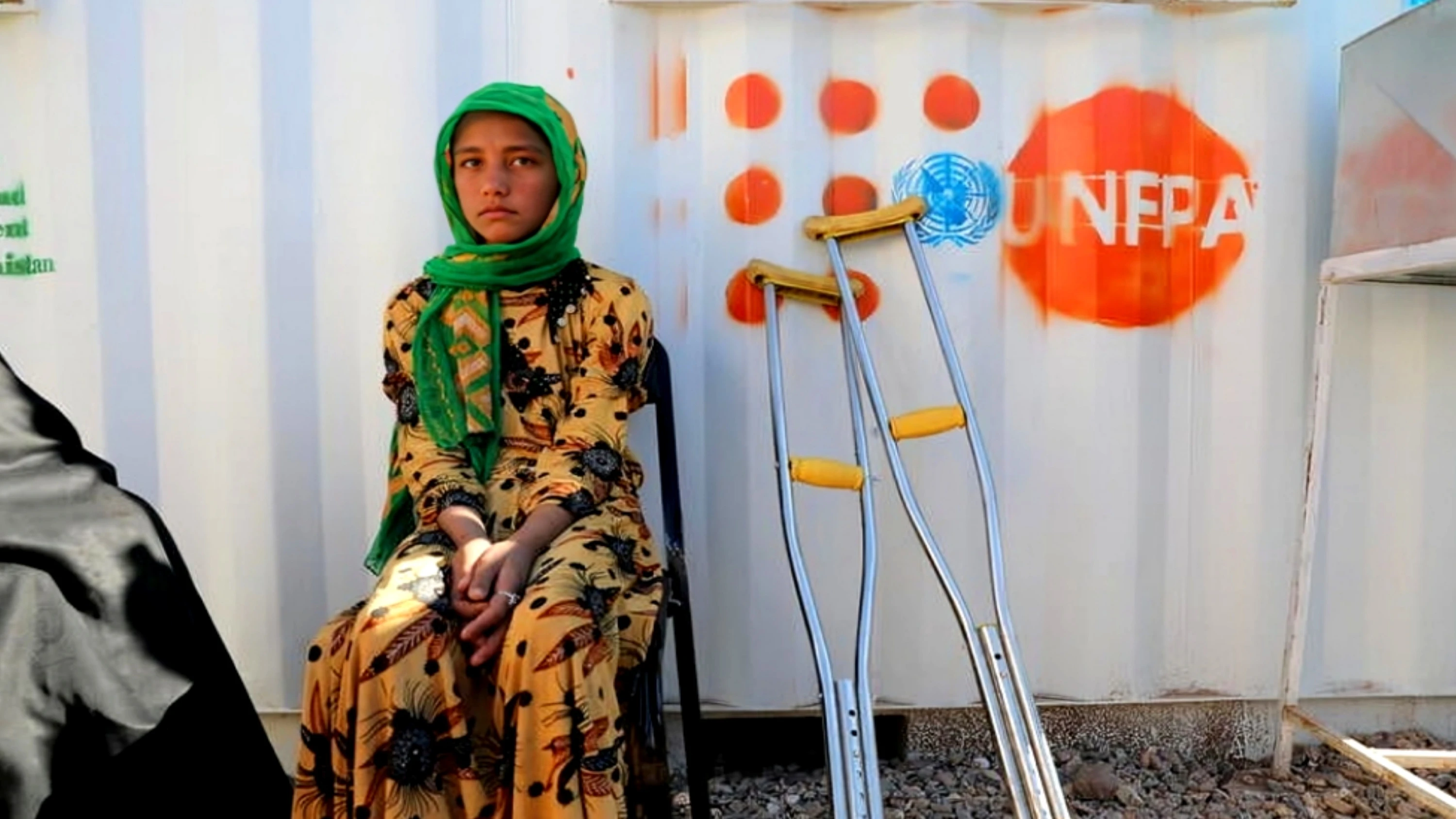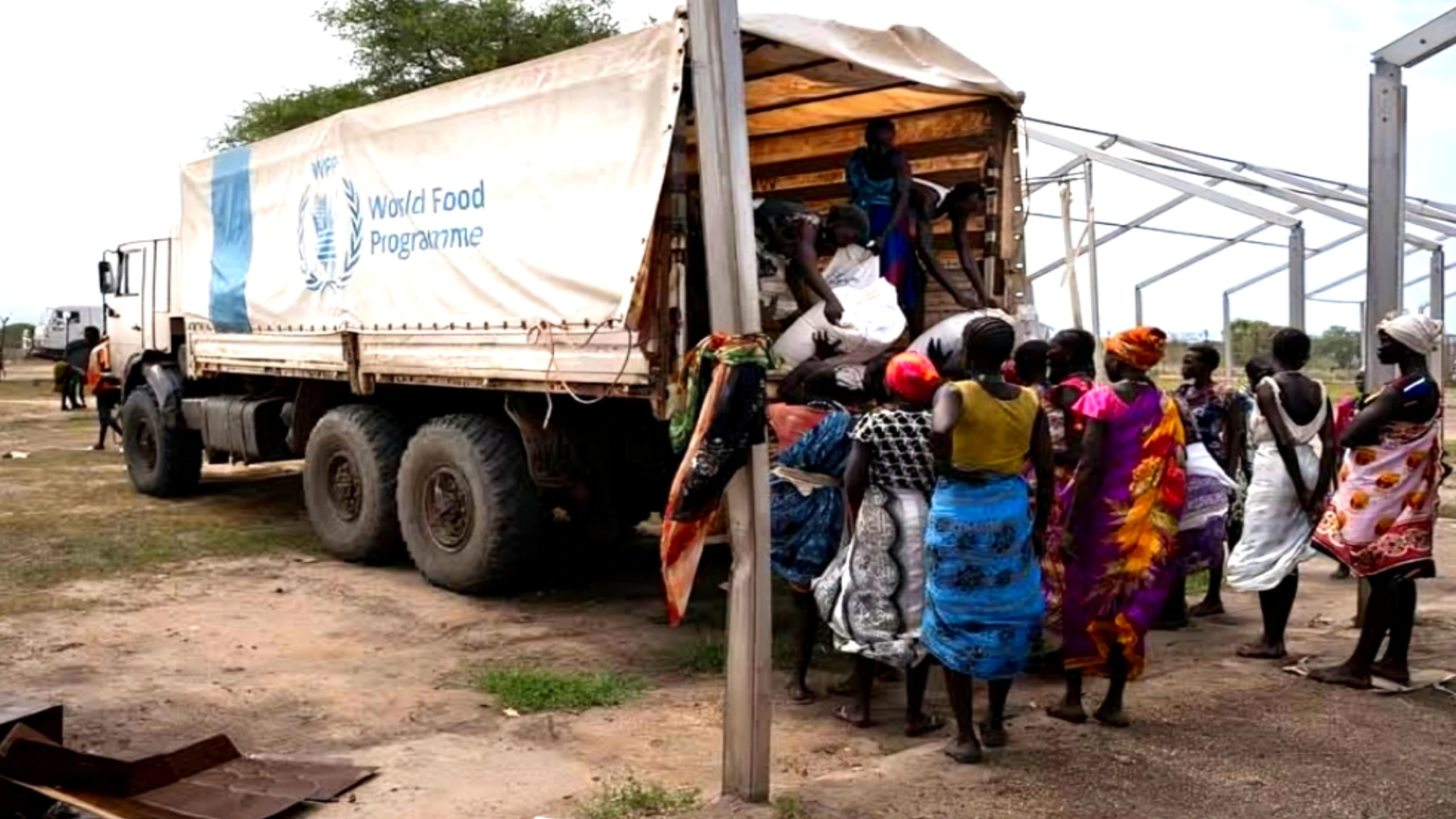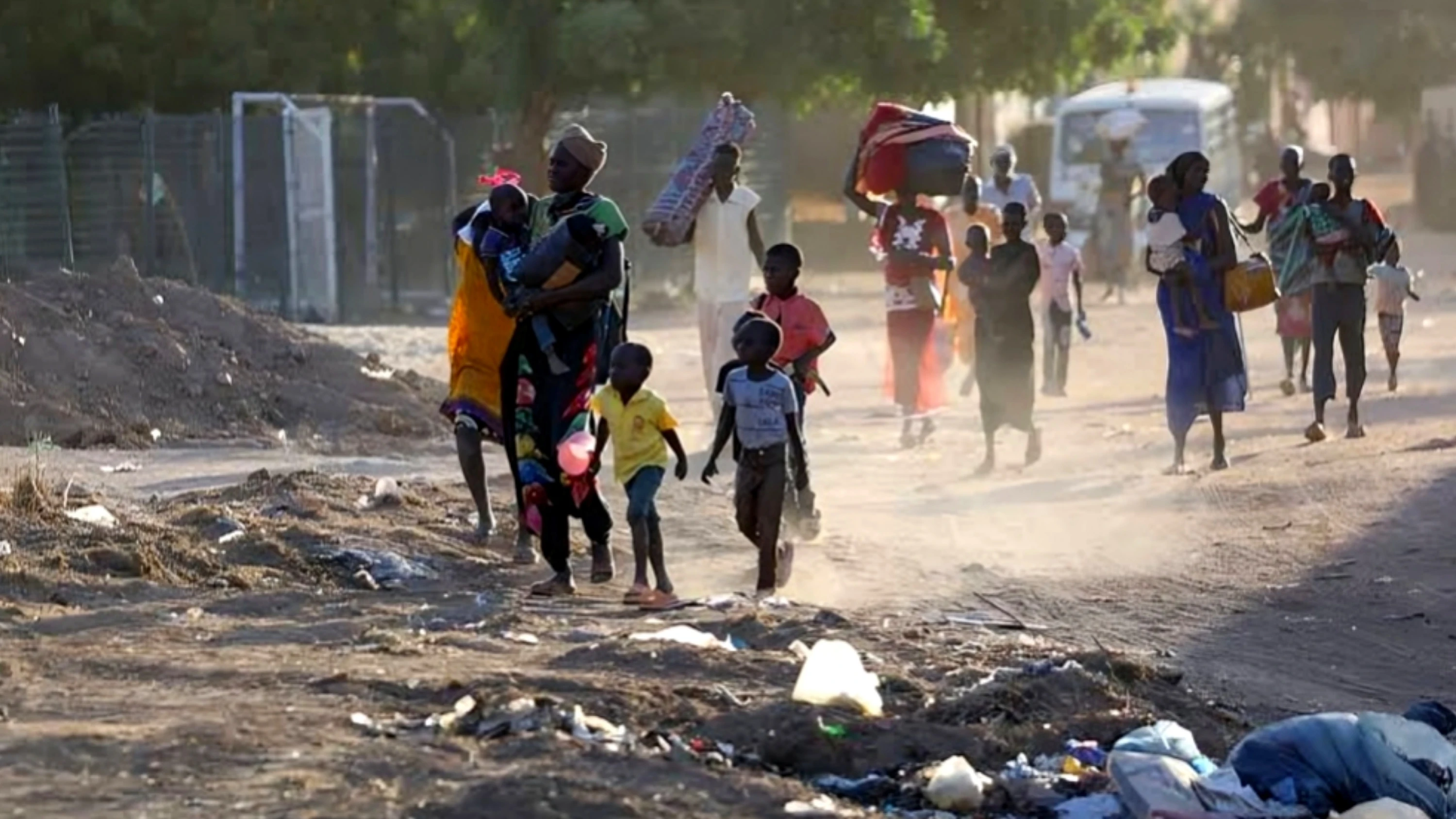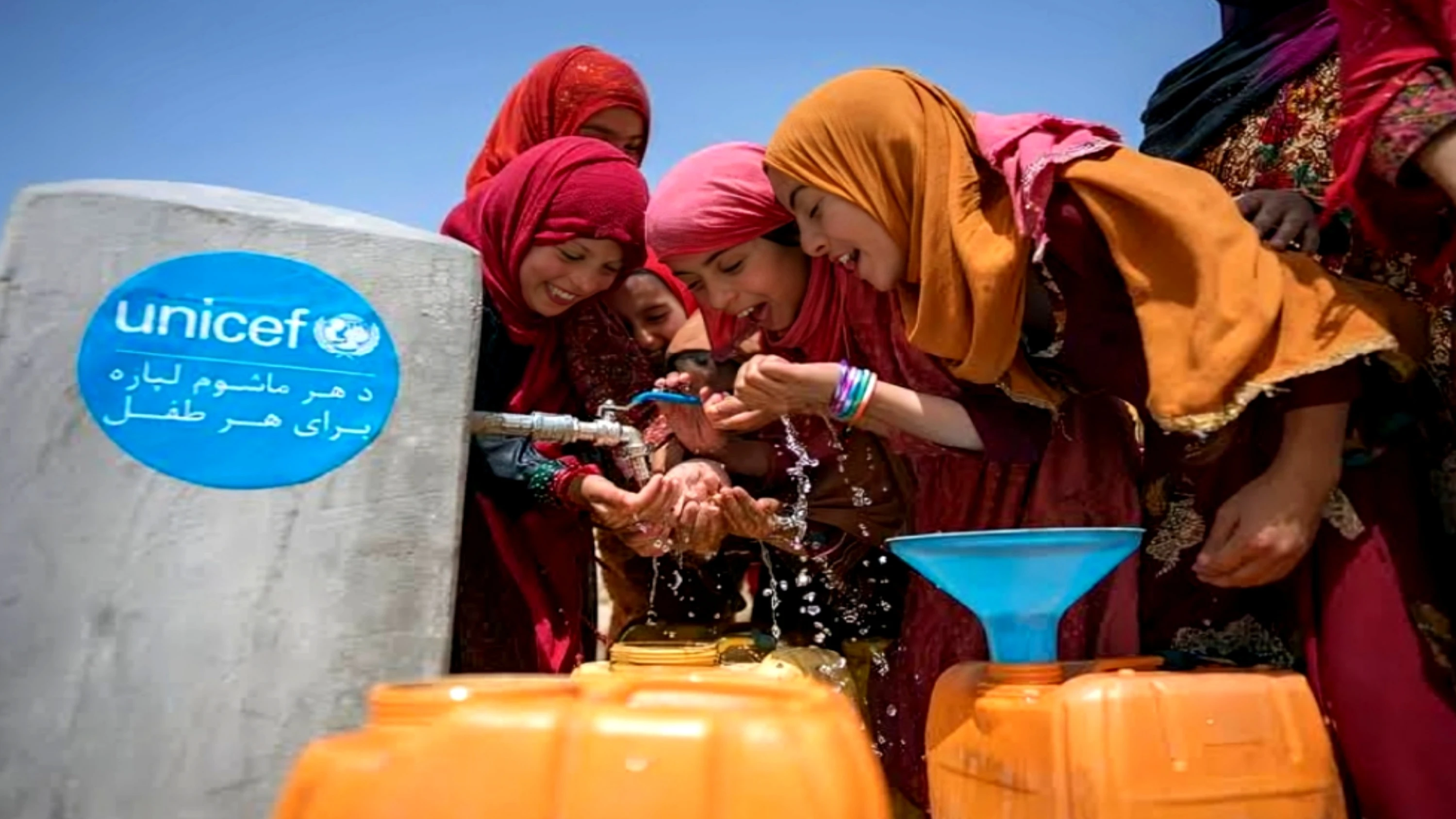New York: As humanitarian crises intensify across the globe, women and girls are facing unprecedented threats to their health and safety, with dwindling support threatening critical services.
The United Nations Population Fund (UNFPA) has raised alarms over massive funding shortfalls, which it says are placing millions of vulnerable women at increased risk—particularly in regions like the Democratic Republic of Congo, Haiti, Sudan, and Gaza.
The agency has launched a new awareness campaign, Don’t Let the Lights Go Out, aimed at drawing attention to the urgent needs of women and girls caught in conflict, disaster, and displacement. UNFPA warns that cuts in reproductive health services and gender-based violence support are leading to immense suffering in crisis-hit areas.
Funding has plummeted in 2024, with humanitarian response plans previously operating at less than 30% of required levels. The situation is set to worsen following further cuts—most notably, a $330 million reduction in funding from the United States. UNFPA cautions that such reductions severely compromise efforts to prevent maternal deaths, particularly in countries already grappling with complex emergencies.
In conflict zones, the stakes are especially high. UNFPA estimates that 70% of women in crisis settings face gender-based violence, a rate double that of stable environments. Moreover, nearly 60% of preventable maternal deaths occur in these regions, where access to health services is most limited.
The situation in Gaza is particularly grim. With widespread hunger and a collapsing healthcare system, pregnant and breastfeeding women are among the most severely affected. One in five people now faces starvation, and around 55,000 pregnant women are at heightened risk of miscarriage, stillbirth, and birthing underweight babies due to malnutrition and anemia.
Health professionals on the ground have reported a rise in low birthweight newborns, directly linked to deteriorating maternal health. Hospitals continue to be targeted in ongoing violence, further crippling an already overwhelmed healthcare infrastructure. An estimated 11,000 pregnant women are currently at risk of famine, and nearly 17,000 women will need urgent nutrition-related medical support in the coming months.
UNFPA is appealing for $99 million in 2025 to meet urgent needs in Palestine alone. As of April, only $12.5 million had been secured.
Through its campaign, the UN is urging global donors to step up support and ensure that women's health, safety, and rights remain central in all humanitarian efforts.








